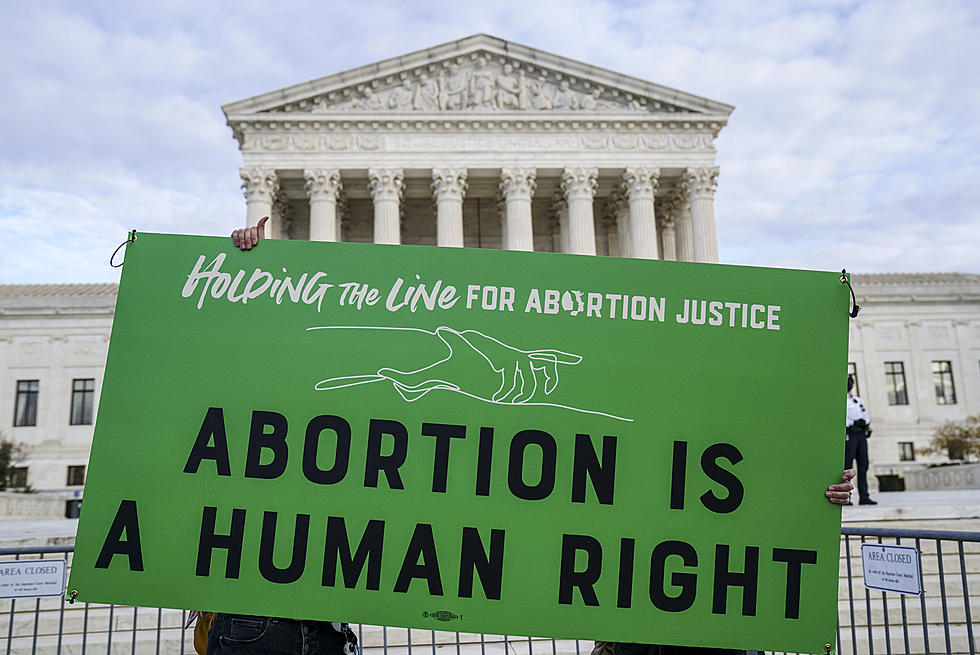
Sheridan Native: Martin Luther King, Jr.’s, Dream Still Lives
The realization of the American dream for a Muslim family in Sheridan led to not only the success for their children but also for hope for citizens elsewhere.
"That prosperity was accomplished by living in America," Hamid Khan told about 150 people at First United Methodist Church for the annual observance of Martin Luther King, Jr., Day.
Khan was introduced by his old friend Wyoming State Treasurer Mark Gordon, after a march from City Park to the church.
Kahn said his family immigrated from Pakistan, and found their way to Sheridan where his father, Muhammad Farid Khan, started bagging groceries and his mother, Bibi Khan, worked as a maid.
Bibi was 17 when Khan was born, he said.
The family lived in a trailer home and it could not afford a car.
His parents were able to buy a motel, and he and his brother would work with his mother as she cleaned the rooms. Growing up, his parents told him about the importance of education and giving back to a country that allowed them to prosper.
Khan graduated with highest honors from the University of Wyoming. During his third year at the University of Michigan's law school, America was attacked on Sept. 11, 2001. The attack on the Pentagon was poignant because he worked there the year before.
After law school, he entered private practice. At one time, he represented five inmates at the U.S. Navy base at Guantanamo Bay, Cuba. That case cost him friends and clients, he said.
Khan left a lucrative private practice and use his language and cultural skills to work with Stanford University to establish the Legal Studies Department at the American University of Afghanistan in Kabul.
He is the deputy director of the Rule of Law Collaborative, an interdisciplinary center focused on international legal development issues. He's also an adjunct professor at the UM Law School and the University of South Carolina, and is a resident member of the World Justice Project's Rule of Law Consortium on Islamic legal systems and source expert on Islamic Law for the International Network to Promote the Rule of Law, according to his biography attached to the program of the event.
After his talk, Khan said King's dream enabled his family to build a life and prosper, and overcome the resistance from naysayers and critics.
Kahn also sees parallels between the histories of Afghanistan and the United States. "In many ways, the same lessons about a divided society."
Afghanistan is a deeply divided society with many ethnic groups and languages, and has attempted for more than a century to try to come together as a people, he said.
"That isn't all that dissimilar from what we find in the United States," Khan said. "In that regard, I think we have come to a point where we have tried to export our sense of ourselves abroad, and now it is becoming increasingly difficult as we see as people around the world see a more fractured America, and wonder if that experiment actually has found success."
Despite the fracturing of our society, Khan remains firmly hopeful about our nation's future, he said..
"I'm deeply optimistic both because of the past that we have seen, the legacy of so many individuals who have fought bravely both in combat and in other capacities, and the fact that people as ordinary as my parents can find success here, so can anyone else."
More From K2 Radio









